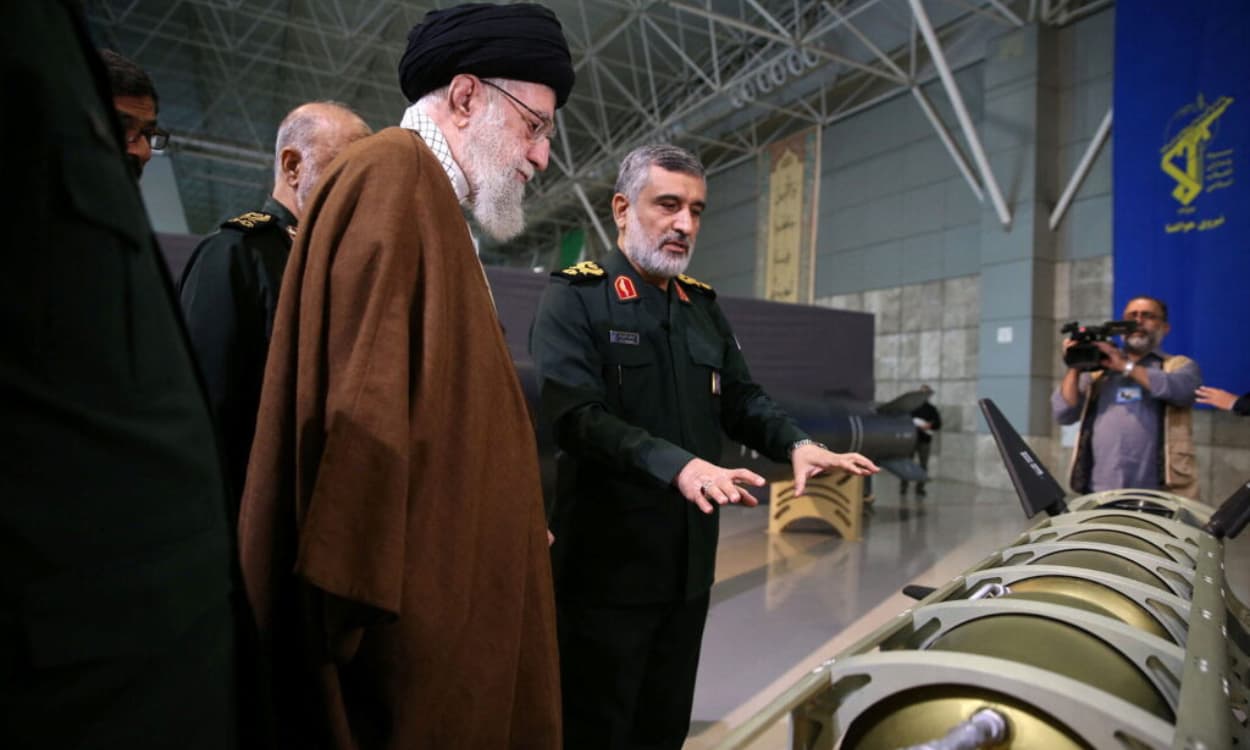Iran (Transatlantic Today)— A dramatic escalation in tensions unfolded as Iran launched over 300 drones and missiles at Israel, marking the first direct attack between the two adversaries. The assault, described as the largest of its kind, narrowly avoided triggering a devastating regional conflict.
Israel’s air defense systems intercepted the majority of the missiles, preventing civilian casualties. However, military experts highlighted how close the situation came to catastrophe.
“One GPS failure could have resulted in a significant urban impact,”
noted a senior Western security official.
A Coordinated Defense
The attack prompted an international response, with the U.S. mobilizing support from Gulf nations, including Jordan and Saudi Arabia. The allied effort successfully bolstered Israel’s defenses, with Jordan reportedly intercepting Iranian drones and providing airspace access to Israeli warplanes.
“This was an extraordinary display of military cooperation,”
said a Western source, citing the combined efforts of U.S., British, French, Jordanian, and Saudi forces.
Strategic Implications
While some analysts lauded the operation as a triumph of intelligence and defense coordination, others expressed concern about the long-term implications.
“This could embolden both sides to consider direct strikes as an option,”
warned Emile Hokayem of the International Institute for Strategic Studies.
Critics also questioned Israel’s reliance on allied support and the sustainability of its air defense stockpiles in prolonged conflicts.
A temporary deterrence?
Though both sides signaled restraint following the attacks, experts debated whether this incident established mutual deterrence or merely set a dangerous precedent.
“Iran’s attack demonstrated its willingness to escalate,”
wrote Afshon Ostovar from the Foreign Policy Research Institute. Meanwhile, Israel’s measured retaliation underscored its ability to target Iranian assets without broadening the conflict.
The Bigger Picture
Despite the immediate de-escalation, the situation remains precarious. Analysts fear future miscalculations could spark wider conflict in a region already fraught with instability.
“This was a near-miss,”
said one diplomat.
“The world should not underestimate how close we came to the brink of war.”


























